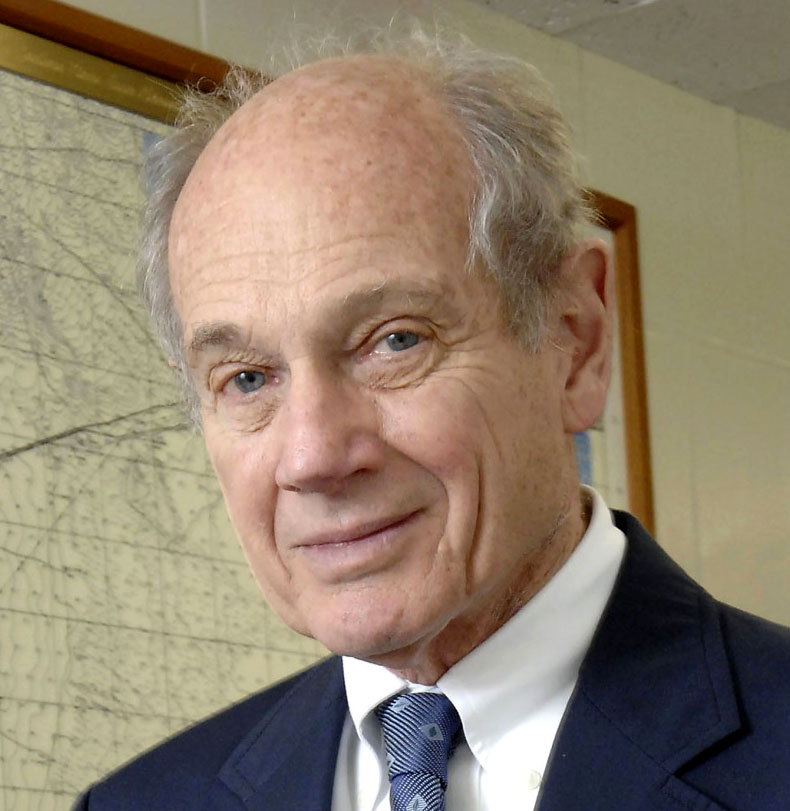James Cronin, who explained why matter survived the Big Bang, dies at 84
American nuclear-physicist and SMU alumnus James Cronin, who shared the 1980 Nobel Prize for Physics with Val Fitch, died on Aug. 25, 2016,, at the age of 84.
By Sam Roberts

In 1964, Dr. Cronin and Val Fitch of Princeton University were conducting experiments at Brookhaven National Laboratory on Long Island involving matter and antimatter: particles that have the same mass but hold opposite (though equal) charges, either positive or negative, compelling them to destroy each other on contact.
The researchers found that for all their similarities, the particles obeyed slightly different laws of physics: that there was, as Dr. Cronin put it, “a fundamental asymmetry between matter and antimatter.”
This contradicted a bedrock scientific principle known as charge-parity invariance, which had assumed that the same laws of physics would apply if the charges of particles were reversed from positive to negative or vice versa.
The finding, known as the Fitch-Cronin effect, bolstered the Big Bang theory, mainly by explaining why the matter and antimatter produced by the explosion did not annihilate each other, leaving nothing but light instead of a residue that evolved into stars, planets and people. . .
Dr. Cronin’s infatuation with physics began in high school. He graduated in 1951 from Southern Methodist, where he majored in physics and mathematics. He received a doctoral degree from the University of Chicago, where he studied under Enrico Fermi, Edward Teller and Murray Gell-Mann. His thesis was on experimental nuclear physics.
Related Links:
- The Washington Post: James Cronin, Nobel laureate who overturned long-accepted beliefs about the fundamental symmetry of laws of physics , dies at 84
- University of Chicago News: James W. Cronin, Nobel laureate and pioneering physicist, 1931-2016
- Physics World: Nobel laureate James Cronin dies at 84
- The Chicago Sun-Times: Nobel laureate, U of C professor emeritus James Cronin dead at 84
- SMU Dedman College Newsletter for fall 2004 (see page 7): Physicist receives new Dedman College honor
- Physics at SMU Winter 2004-2005 (see page 4): Nobel Prize winner receives first Dedman graduate award